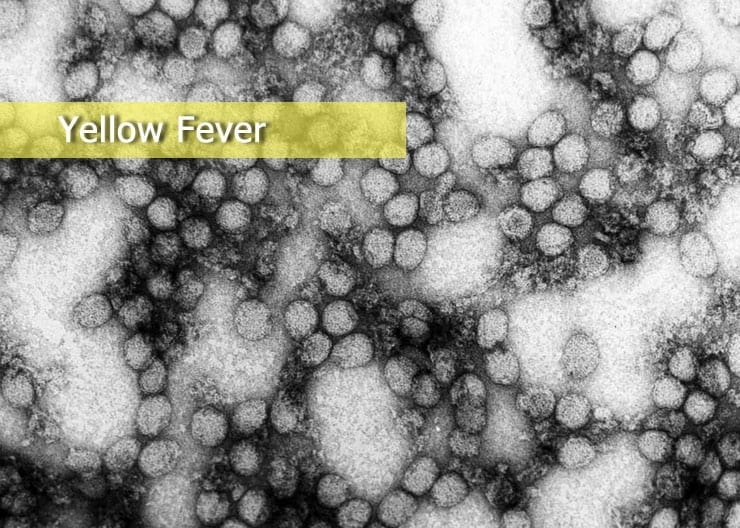iBio, Inc. this week announced changes to current collaborative licensing agreements with Brazil’s Bio-Manguinhos/Fiocruz and the Fraunhofer USA Center for Molecular Biotechnology to enable expansion of joint work on an recombinant yellow fever vaccine and other products.
Yellow fever vaccine candidates based on iBio’s proprietary technology, including virus-like particles (VLPs) and traditional antigen formulations, have been highly successful in rodent virus-challenge studies. Additional tasks to be performed include non-human primate studies, the completion of IND-enabling tests, and the establishment of a commercial technology transfer program to enable Bio-Manguinhos to produce a recombinant yellow fever vaccine in a new planned facility in northern Brazil.
Bio-Manguinhos/Fiocruz, the leading producer of yellow fever vaccines for worldwide use, is recognized internationally as a manufacturer of immunobiologicals for public health needs. Earlier this year, Sanofi Pasteur announced a potential yellow fever vaccine shortage for travelers due to a production problem with its own chicken egg-produced vaccine product.
Robert Erwin, iBio’s president, commented: “The objective of our collaborative yellow fever vaccine development program is to enable Bio-Manguinhos to replace the current vaccine it produces in chicken eggs from a live, attenuated strain of the yellow fever virus, with a safe, low-cost, scalable recombinant vaccine produced in green plants with iBioLaunch technology.”
The royalty-bearing license granted by iBio covers the nations of Latin America, the Caribbean and Africa. iBio retains the right to sell the products developed under the license and collaboration agreement in any other territory with a royalty back to Bio-Manguinhos/Fiocruz.


